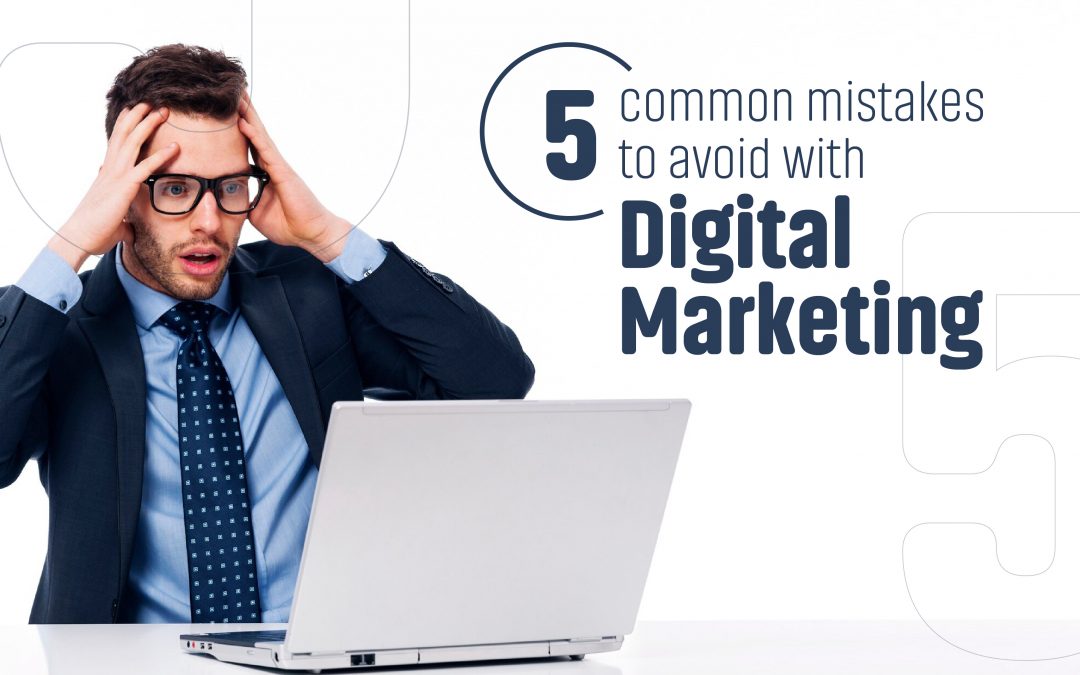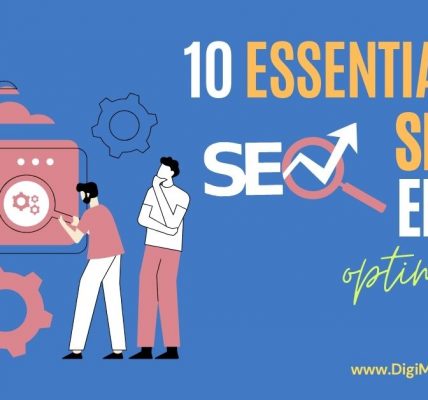As digital marketing continues to evolve rapidly, staying ahead of the curve is essential for businesses looking to maintain a competitive edge. Understanding the emerging trends can help you refine your strategy and achieve better results. Here’s a look at the future of digital marketing and the key trends to watch:
1. Artificial Intelligence and Machine Learning
Artificial Intelligence (AI) and Machine Learning (ML) are revolutionizing digital marketing by enabling more personalized and efficient campaigns. AI can analyze large datasets to predict consumer behavior, optimize ad targeting, and even create content. Machine Learning algorithms can continuously improve the accuracy of these predictions, allowing marketers to deliver highly relevant content to their audience.
2. Voice Search Optimization
With the increasing use of voice-activated devices like smart speakers and virtual assistants, voice search is becoming a significant part of how consumers find information online. Optimizing your content for voice search, focusing on natural language and conversational keywords, will be crucial for staying relevant in the future of digital marketing.
3. Video Marketing Dominance
Video content continues to grow in popularity, with platforms like YouTube, TikTok, and Instagram leading the way. The future of digital marketing will see even greater emphasis on video, including live streaming and short-form videos. Brands that leverage video marketing effectively will benefit from higher engagement rates and stronger connections with their audience.
4. Personalization at Scale
Consumers increasingly expect personalized experiences from brands. The future of digital marketing will involve using data and AI to deliver personalized content, offers, and recommendations at scale. This trend will enhance customer satisfaction and loyalty, as consumers are more likely to engage with brands that understand their needs and preferences.
5. Augmented Reality (AR) and Virtual Reality (VR)
AR and VR are set to transform the way consumers interact with brands. These technologies allow for immersive experiences, such as virtual try-ons, interactive ads, and 3D product demos. As AR and VR become more accessible, businesses that incorporate these technologies into their digital marketing strategies will stand out and engage customers in new and exciting ways.
6. Content Marketing Evolution
Content marketing remains a cornerstone of digital marketing, but its evolution will be shaped by trends like AI-generated content, interactive content, and user-generated content. Brands will need to focus on creating high-quality, engaging, and shareable content that resonates with their audience. Additionally, content strategies will need to adapt to emerging platforms and changing consumer preferences.
7. Sustainability and Ethical Marketing
Consumers are becoming more conscious of the environmental and social impact of the brands they support. The future of digital marketing will see a rise in sustainability and ethical marketing practices, with businesses needing to demonstrate their commitment to social responsibility. Transparent and authentic communication about sustainability efforts will be key to building trust and loyalty with modern consumers.
8. Data Privacy and Security
With increasing concerns about data privacy and regulations like GDPR and CCPA, marketers must prioritize data security and transparency. The future of digital marketing will involve balancing personalization with privacy, ensuring that consumers’ data is protected while still delivering relevant and personalized experiences.
9. Social Commerce Expansion
Social media platforms are evolving into full-fledged e-commerce channels, allowing consumers to discover, browse, and purchase products without leaving the platform. Social commerce is expected to grow significantly, and brands will need to optimize their social media presence to take advantage of this trend. Integrating shoppable posts, in-app purchasing, and influencer partnerships will be key to success.
10. Automation and Chatbots
Automation tools and chatbots are becoming increasingly sophisticated, enabling businesses to streamline customer service, lead generation, and sales processes. The future of digital marketing will see more widespread adoption of these technologies, providing customers with instant support and personalized interactions while freeing up human resources for more complex tasks.
Conclusion
The future of digital marketing is shaped by rapid technological advancements and changing consumer behaviors. By staying informed about trends like AI, voice search optimization, video marketing, and AR/VR, businesses can adapt their strategies to remain competitive and deliver impactful marketing campaigns. Embracing these trends will be essential for achieving long-term success in the ever-evolving digital landscape.





